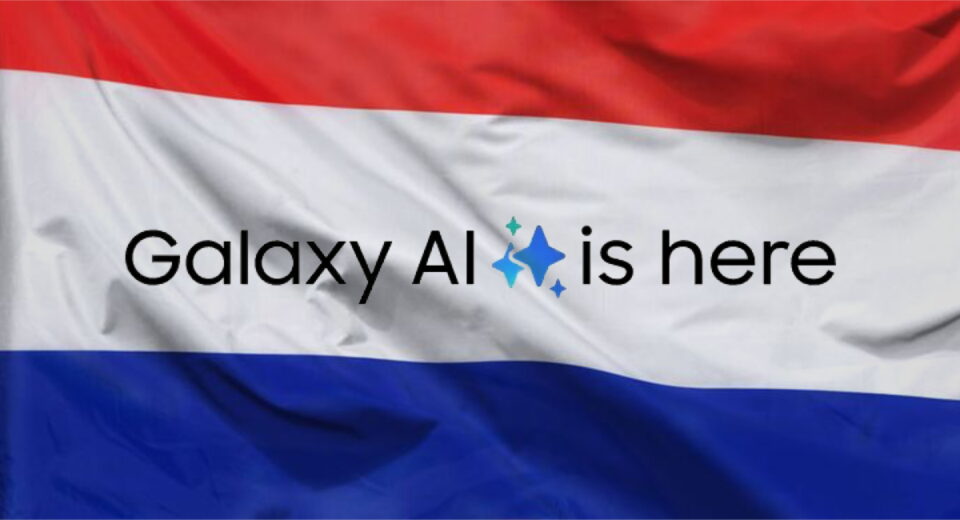Erlang Meets Idris: Cure Programming Language


Cure
Verification-First Programming
Cure Programming Language
v0.2.0 - November 2025
Dependent Types. SMT Verification. Native FSMs. On the BEAM.
A strongly-typed, dependently-typed programming language that brings mathematical correctness
guarantees to the battle-tested BEAM virtual machine. Build systems where verification matters
more than convenience. Now with 12 fully compiled standard library modules and comprehensive documentation.
 Get Started
Read the Docs
Get Started
Read the Docs

Core Features
What makes Cure unique in the BEAM ecosystem
Dependent Types
Express and verify invariants at compile time with length-indexed vectors, refinement types, and SMT-backed constraint solving.
First-Class FSMs
State machines as native syntax with arrow-based transitions. The compiler verifies reachability, deadlock freedom, and invariant preservation.
SMT Verification
Z3 and CVC5 solver integration validates your types and state machines. Your types are theorems, proven before execution.
Exhaustive Patterns
No if-then-else. Pattern matching with guards ensures every case is handled. The compiler proves completeness.
Type Optimizations
Monomorphization, specialization, and inlining provide 25-60% performance improvements over baseline.
BEAM Integration
Compiles to BEAM bytecode with full OTP compatibility. Interoperate with Erlang and Elixir ecosystems seamlessly.
LSP Support
Complete Language Server Protocol implementation with real-time diagnostics, hover info, and IDE integration.
Standard Library
12 fully compiled modules: core, io, list, fsm, result, pair, vector, string, math, system, rec, and typeclasses with 100+ functions.
Documentation
31+ comprehensive guides covering language features, APIs, FSMs, typeclasses, SMT integration, and more.
Why Cure?
A principled language that focuses on what's missing, not what's already there
🎯 Dependent Types with SMT
Express and verify invariants at compile time. Vector operations that can't fail. Array access that's proven safe.
🎆 Native FSM Syntax
State machines aren't a pattern—they're native syntax with compile-time safety verification by SMT solvers.
🚫 No If-Then-Else
Forces you to think in pattern matching and exhaustive cases. No forgotten edge cases. Every decision point is explicit.
🔒 Verification > Convenience
When correctness matters more than convenience. For safety-critical systems, financial transactions, industrial control.
🤝 BEAM Interoperability
OTP fault tolerance, hot code reloading, distributed computing, and full Erlang/Elixir ecosystem access.
📈 Production Ready
Complete compiler pipeline, comprehensive testing, working standard library, and LSP support for modern development.
# The type system proves this is safe—no runtime checks needed
def safe_head(v: Vector(T, n)): T when n > 0 =
head(v)
# FSMs with native syntax and compile-time verification
fsm TrafficLight do
Red --> |timer| Green
Green --> |timer| Yellow
Yellow --> |timer| Red
Green --> |emergency| Red
end
# Exhaustive pattern matching—compiler proves all cases handled
def classify(x: Int): Atom =
match x do
n when n < 0 -> :negative
0 -> :zero
n when n > 0 -> :positive
endWhen to Use Cure
✅ Perfect For
- Safety-critical finite state machines
- Systems with complex invariants
- Domains where correctness > convenience
- Trading systems, industrial control
- Medical devices, aerospace applications
❌ Not Ideal For
- Rapid prototyping (use Elixir)
- Scripts and glue code
- General web development (Phoenix is excellent)
- When you need maximum ecosystem libraries
Quick Start
# Build the compiler
make all
# Try an example
./cure examples/06_fsm_traffic_light.cure
# Run the compiled program
erl -pa _build/ebin -noshell -eval "'TrafficLightDemo':main(), init:stop()."
# Run tests
make test
What's Your Reaction?
 Like
0
Like
0
 Dislike
0
Dislike
0
 Love
0
Love
0
 Funny
0
Funny
0
 Angry
0
Angry
0
 Sad
0
Sad
0
 Wow
0
Wow
0








































